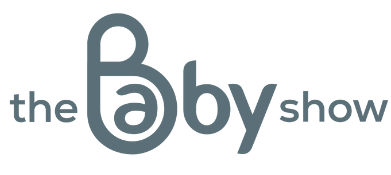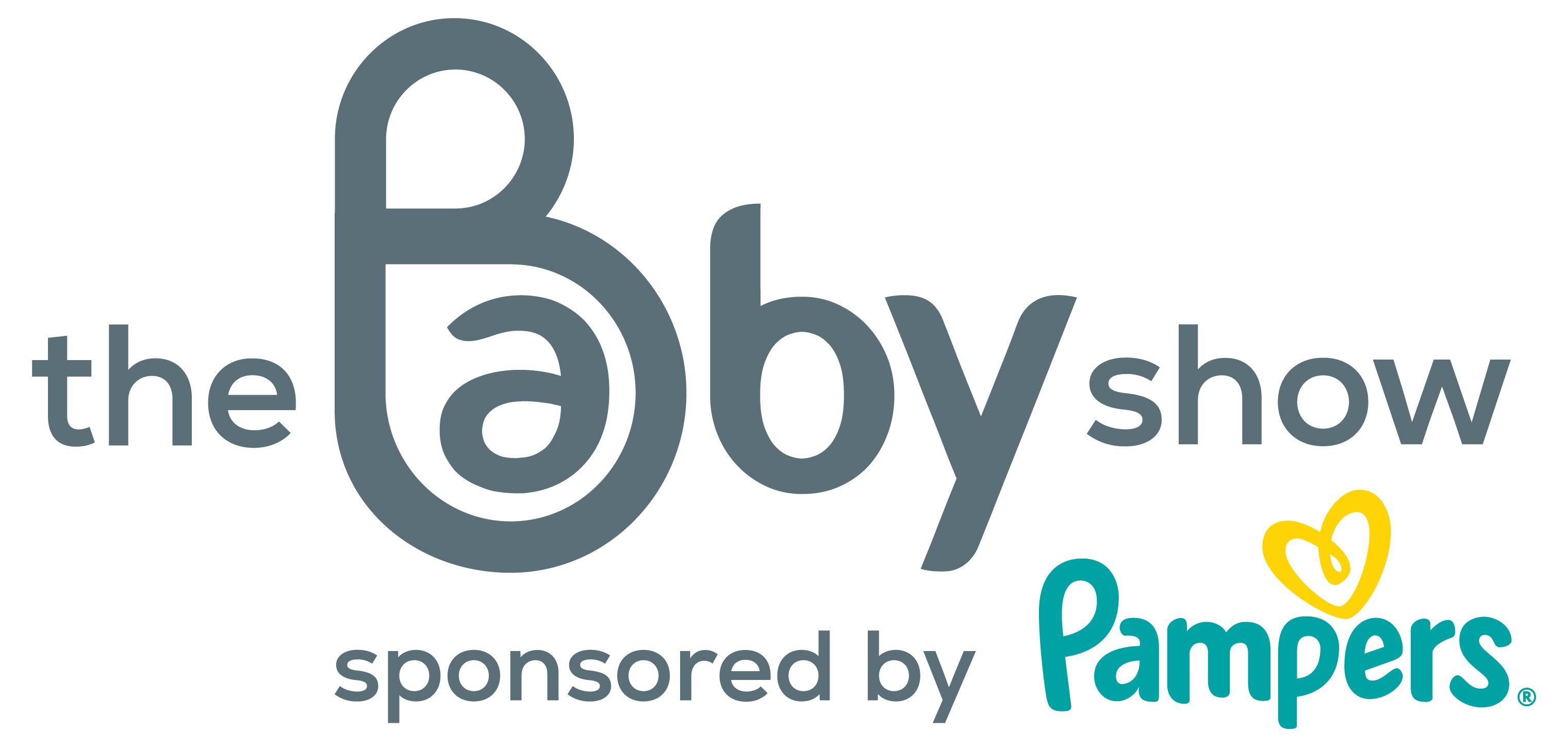8 Tips to Help Prepare for Breastfeeding
)
We know breastfeeding can come with its own set of challenges, but we also know that preparing before your baby arrives can help you feel more relaxed, empowered, and ready to begin your breastfeeding journey. Cathy Tabner, a registered midwife at My Expert Midwife, offers tips on how parents-to-be can prepare for breastfeeding.
Do your Research
There is plenty of information out there to support breastfeeding parents and learning what you can before your baby arrives can help parents-to-be know what to expect. Ask friends and family who have breastfed their children about their experience and if you can, observe women breastfeeding. Your antenatal classes should also include detailed information about breastfeeding.
As well as learning about positioning and getting a good latch, it’s also helpful to understand the importance of skin-to-skin contact for establishing breastfeeding and boosting milk production, how your baby’s digestive system works and what normal behaviour and sleep cycles look like for newborn babies. Understanding more about breastfeeding will help you feel confident and empowered when it comes to feeding your baby.
Harvest your Colostrum
Colostrum refers to the milk produced by women in late pregnancy and the first few days after birth. Colostrum is full of white blood cells and immune-boosting properties. It contains antibodies that protect your newborn against disease and infection and bio-actives that help to activate their immune system, jumpstart gut function, and seed a healthy gut microbiome in the first few days of life, giving your baby the best possible start. Colostrum harvesting is the process of expressing and collecting your breastmilk into small syringes from 37 weeks of pregnancy.
Colostrum can be frozen, stored, defrosted and fed to your baby after birth, and having this extra supply of nutrient-rich milk can be a great backup plan if you and your baby take a little longer to learn to breastfeed or if more regular feeds are advised.
Learning to harvest colostrum or hand-express breastmilk can help you to become familiar with your breasts and how they work, as well as help to establish breastfeeding after your baby is born.
It is best to harvest your colostrum regularly and for short periods, as this is the most effective way to obtain colostrum and stimulate your milk supply. If you have a cervical stitch or have been told you have a low-lying placenta/placenta praevia, please consult with your midwife or doctor before starting colostrum harvesting.
Bras and Clothing
Buy a quality nursing bra. Ill-fitting or tight bras or clothing can restrict milk flow and cause the breasts to become uncomfortable and potentially lead to blocked milk ducts. Clothes that are tight or restrictive for breastfeeding can cause damage to the ducts within the breast tissue and slow the milk flow or interfere with your baby’s latch and attachment. Investing in a couple of well-fitting, supportive bras and in clothes that allow easy and comfortable access to your breasts is an important part of becoming breastfeeding-ready.
Create a Cosy Haven
Before your baby arrives, think about where you might want to spend your time feeding, and create a Lactation station or cosy place in which to rest, recover, bond with and feed your baby. You may want to think about a supportive chair with a footrest or a recliner and a side table for drinks, snacks and other essentials such as your phone, TV remote, nipple balm, drink and painkillers. Setting up a safe, cosy space will help you to relax and allow all the right hormones to flow, making breastfeeding more comfortable, easier and more enjoyable.
Wear your Baby
Using a sling or baby carrier can help facilitate breastfeeding and has other benefits too:
- It can establish a closer bond between you and your baby.
- It can mean you are attuned to your baby, but it is possible to miss cues when sling-wearing, so regularly remove your baby from the sling to offer feeds in the first six weeks
- It helps settle your baby and can soothe tummy discomfort, both of which make breastfeeding easier as your baby is calmer
Many areas in the UK have a sling library where you can try different slings and carriers, learn about safe babywearing and find what suits you.
Hydration and Nutrition
Good diet and nutrition, as well as staying hydrated matters when you are breastfeeding, but cooking nutritious meals can be tricky with a newborn to look after, so it’s a good idea to plan. Batch cook healthy meals for the freezer, or ask friends and family to help deliver home-cooked and easily reheated meals in the first weeks so you can focus on feeding your baby whilst eating well and recovering from pregnancy and birth. If you are worried about getting all the vitamins you need, you can boost your nutrition by taking a supplement (pregnancy supplements or postnatal supplements) to safeguard your nutrition. Keep hydration levels up during the day by sipping from a large water bottle – one with a long straw for easy reach can be helpful too! In a heatwave, mothers should try to drink more to ensure they stay hydrated and their breastmilk will keep their baby hydrated. Your milk will be all your baby needs for the first 6 months of life – even during a heatwave they will not need water but mum will.
Educate your ‘Team’
Preparing to breastfeed is important but it’s also crucial that those around you are also informed so they know how best to support you and don’t make counter-productive comments that can erode your confidence or give incorrect advice.
Attend classes or webinars with your partner and ‘support team’ and make sure they understand what normal breastfeeding and newborn baby behaviour looks like, and ask that unless you specifically request it, they keep their personal views and advice to themselves.
Trust your Body to Get This Right
Just as your placenta grows your baby, your breasts prepare to feed your baby. From 20 weeks, gestation milk is present in the breast. Many women notice the pigment on their skin darkens in pregnancy, the areola around the nipple may darken and a brown line appear on the bump, your body does this to assist your new baby in locating the breasts at birth. At birth having a golden hour of uninterrupted skin-to-skin contact is the final act of preparation, allowing your baby to locate and nuzzle close to the breasts stimulates a surge in milk moving Oxytocin to get you and your baby off to the best start.
Tips for Partners, Family and Friends to Support Breastfeeding
- Breastfeeding is the most natural of human behaviours but is also a learned skill that takes time to feel like it is natural. Be patient and expect it to feel a bit unsure at first.
- It is important to know that even if she has breastfed before, no two babies are alike and breastfeeding can be a different or more challenging experience than previously.
- Seek out support if she needs it. You can help by finding support online via la leche league or by asking her midwife or health visitor about what is available in your area. There may be a baby café nearby or groups with breastfeeding peer support.
- Be encouraging and supportive. Breastfeeding can be tiring, so reassuring her that she is doing an amazing job feeding her baby as well as offering to settle the baby after feeds or change the nappies helps her feel loved and supported when times can be challenging.
- Pick up chores and day-to-day tasks. The more partners, friends and family can pick up, the more the new mum can relax and focus on bonding with and feeding the baby.
- Make sure she is getting good nutritious food. Cook meals or stock the freezer with cooked foods, soups, stews, and smoothies.
Establishing breastfeeding isn’t always a smooth journey, but can be a uniquely satisfying experience with lifelong benefits for both mum and baby. Preparing for and addressing problems can help alleviate stress and worry in the early days with a new baby. For more information about breastfeeding visit myexpertmidwife.com
Learn more about breastfeeding at The Baby Show with LidlGB at Manchester Central between 14-16th April. Cathy will be speaking on Friday 13.00 with 'An Introduction to Breastfeeding'. She will also be giving a 'Baby Boot Camp' throughout the weekend on the Live Talk Stage.
These talks are free to attend with a ticket to The Baby Show with LidlGB at Manchester Central.
Book Baby Show tickets online to get 2 tickets and a goodybag for £16!
Next Live Stage Talks by Cathy Tabner

